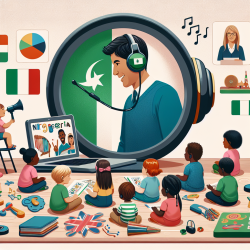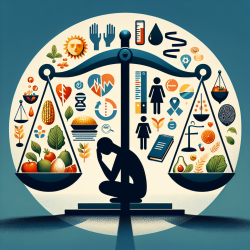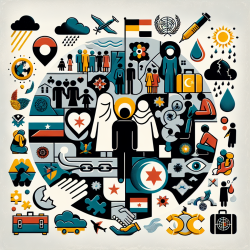The Romani Minority, Coercive Sterilization, and Languages of Denial in the Czech Lands, a research article by Sarah Marks, offers profound insights into historical injustices and the mechanisms of denial that perpetuate them. This piece of history not only reveals the harsh realities faced by the Romani women but also provides a crucial framework for practitioners in the field of online therapy and special education to improve their practice.
Understanding the Historical Context
The article documents the coercive sterilizations of Romani women in socialist Czechoslovakia, highlighting that these practices continued even after the fall of communism and were only officially acknowledged by the Czech government in 2005. This delayed recognition underscores the societal and governmental denial that allowed such human rights abuses to persist.
Key Findings and Their Implications for Practitioners
Practitioners can draw several lessons from this research:
- Awareness and Education: The historical context emphasizes the importance of awareness and education in combating denial and fostering social change. Practitioners should be informed about the histories and struggles of marginalized communities to provide empathetic and effective support.
- Cultural Sensitivity: Understanding the cultural and historical background of clients can enhance the therapeutic relationship. The Romani community’s experiences highlight the need for culturally sensitive approaches in therapy.
- Advocacy: Practitioners should advocate for the rights of marginalized groups, challenging systemic injustices and supporting policies that promote equity and justice.
Encouraging Further Research
The research also calls for further investigation into the psychological and social mechanisms that enable denial and disavowal of human rights abuses. Practitioners are encouraged to delve deeper into these mechanisms to better understand and address the underlying issues that affect their clients.
By integrating these lessons into their practice, therapists and special education professionals can contribute to a more just and inclusive society.
To read the original research paper, please follow this link: The Romani Minority, Coercive Sterilization, and Languages of Denial in the Czech Lands.










